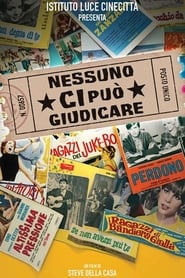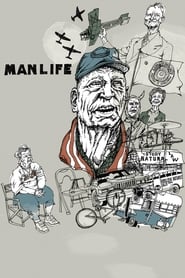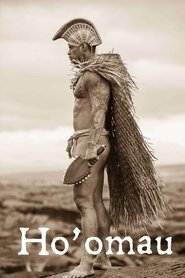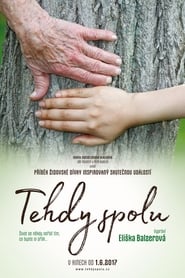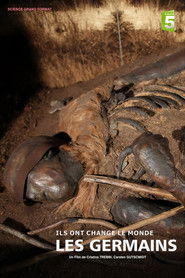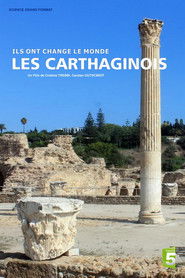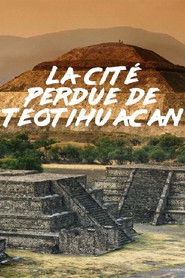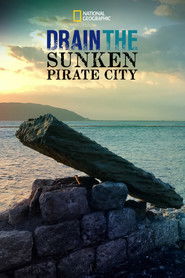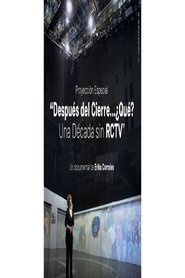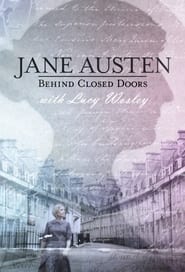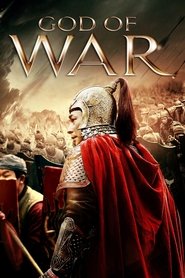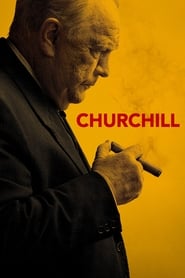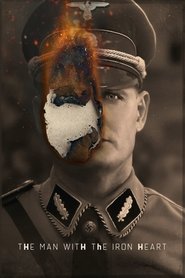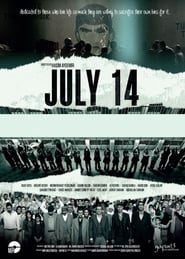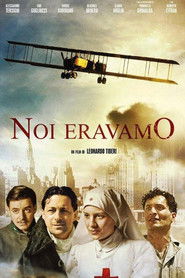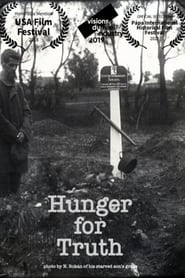New History Movies on Tub Tv - Page 313
-
Manlife
2017
Manlife
2017
star 6For over 80 years, Merle Hayden has crusaded to recruit members to the utopian movement Lawsonomy. Founded by aircraft pioneer Alfred Lawson, Lawsonomy advocates for economic reform and clean, communal living that transforms followers into a "New Species" that will benefit the human race either in this life or the next. Merle joined Lawson as a teenager and never looked back. His high school sweetheart Betty Kasch, however, is tired of Lawson coming between them. Reunited after over 60 years apart, non-believer Betty wants Merle to join her in Florida. Merle's commitment to preserving Lawson's legacy, artifacts currently rotting in a barn alongside a Wisconsin highway, has Betty worried Merle may leave her for Lawson once again. -
Hoʻomau
2017
Hoʻomau
2017
star 8A fictional story of ancient Hawai‘i anchored in Hawaiian values, Ho'omau is the story of Lehua, a young woman of mixed ancestry, who must persist against perilous odds to defend all she holds dear when war breaks out between tribes of different origin in ancient Hawai'i. -
Sibila
2017
Sibila
2017
Sibila leaves Constantinople for Naraío to spend his last days consumed by melancholy due to the evil of love produced by his twin brother Silván. Starting from one of the multiple narratives that in a syncopated way follow one another and interpolate in the story of Álvaro Cunqueiro "El Caballero", we recreate a small story through a refined aesthetic and based on the ellipsis to counteract the obvious vacui horror that characterizes his work . -
Tehdy spolu
2017
Tehdy spolu
2017
A young Jewish girl, Terezka Zágorová, hides in Wallachia from the threat of deportation during World War II. -
The General And Me
2017
The General And Me
2017
Over the period of 25 years the director met General Võ Nguyên Giáp, a legendary hero of Vietnam’s independence wars, a number of times. She was the first American who entered the home of the “Red Napoleon”. The fruit of this friendship is a film, personal and politically involved at the same time. Travelling across the country and talking to important figures as well as ordinary people, the director finds out more about her roots and offers the audience a unique perspective on Vietnam’s present and past. -
Drain The Sunken Pirate City
2017
star 6Explore the ruins of Port Royal, once a flourishing pirate city, known for extravagance, women and liquor. The city which went by the sobriquet "wickedest city on earth", lies in shambles deep below the waters of Jamaica's Kingston Harbor after a devastating tsunami struck it on June 7, 1692 -
Después del Cierre, ¿Qué? Una Década sin RCTV
2017
For all my colleagues, friends and family, who supported me during the production process. On our 17th anniversary, I share our experiences on the Channel for All Venezuelans -
Jane Austen: Behind Closed Doors
2017
star 7.3Historian Lucy Worsley visits the places and houses in England where Jane Austen spent time and which served as inspiration for the settings of her novels. -
God of War
2017
God of War
2017
star 6.3During the 16th century, pirates rule the Chinese coastline, pillaging the small villages and terrorizing the citizens. When maverick leader Commander Yu enlists the help of a sharp young general, they devise a plan to defeat the pirates. A violent clash of wit and weapons will decide who will rule the land. -
Churchill
2017
Churchill
2017
star 6.2A ticking-clock thriller following Winston Churchill in the 24 hours before D-Day. -
The Man with the Iron Heart
2017
star 6.6With the Third Reich at its peak in 1942, the Czech resistance in London plans the most ambitious military operation of WWII – Anthropoid. Two young recruits are sent to Prague to assassinate the most ruthless Nazi leader – Reinhard Heydrich, head of the Reich Security Main Office, the Gestapo and the architect of the Final Solution. -
July 14
2017
July 14
2017
star 3.8Turkey, after the 1980 military coup. In the notorious Diyarbakır prison, the prisoners decide to resist the torture. 14 July 1982 is the day when the biggest resistance starts. -
Unsung Heroes
2017
Unsung Heroes
2017
At the beginning of the First World War, many Italian emigrants, especially in South America, felt that Italy was in the throes of falling into the hands of the Austro-Hungarian empire. When King Vittorio Emanuele II decides to wage war on this empire, these emigrants, forced to leave Italy years before, join the army. Among them, the future mayor of New York Fiorello La Guardia. He is the Virgil of this unknown history. -
Hunger for Truth
2017
Hunger for Truth
2017
star 8In an age when disinformation muddles the truth, a newly discovered voice cuts through the historical haze. She is Rhea Clyman, a young Canadian reporter who traversed the starving Soviet heartland when Stalin’s man made famine was just beginning in Ukraine. Clyman’s newly discovered newspaper articles for Toronto and London newspapers in 1932 show her remarkable resourcefulness and courage. After she was banished from the USSR for writing about the Holodomor and the Gulag, this brave woman went on to cover Hitler’s early lethal years in power. -
How I Killed My Brother
2017
Kids, me and your uncle always had a weird relationship, but in the Summer of 1863, well, just watch. History project I made about the civil war and how Americans were divided.
 Netflix
Netflix
 Amazon Prime Video
Amazon Prime Video
 Apple iTunes
Apple iTunes
 Apple TV Plus
Apple TV Plus
 Disney Plus
Disney Plus
 Google Play Movies
Google Play Movies
 Paramount Plus
Paramount Plus
 Hulu
Hulu
 HBO Max
HBO Max
 YouTube
YouTube
 fuboTV
fuboTV
 Peacock
Peacock
 Peacock Premium
Peacock Premium
 Amazon Video
Amazon Video
 The Roku Channel
The Roku Channel
 AMC+
AMC+
 Kocowa
Kocowa
 Hoopla
Hoopla
 The CW
The CW
 Vudu
Vudu
 Starz
Starz
 Showtime
Showtime
 PBS
PBS
 Pantaflix
Pantaflix
 FXNow
FXNow
 Tubi TV
Tubi TV
 Kanopy
Kanopy
 Comedy Central
Comedy Central
 Crunchyroll
Crunchyroll
 Microsoft Store
Microsoft Store
 Redbox
Redbox
 Sun Nxt
Sun Nxt
 ABC
ABC
 DIRECTV
DIRECTV
 Crackle
Crackle
 Fandor
Fandor
 Plex
Plex
